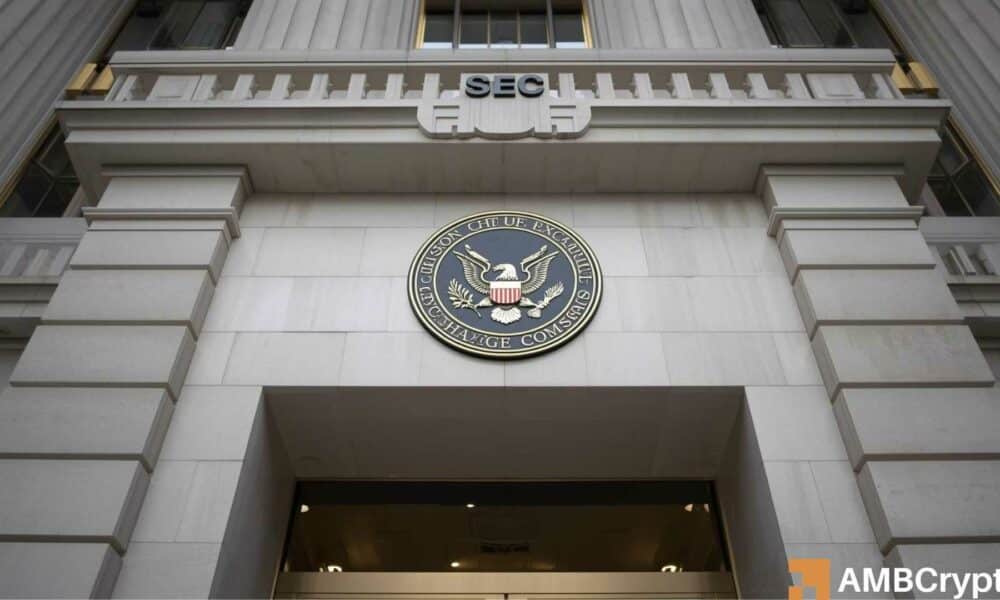
The cryptocurrency sector is set to experience a significant shift as the U.S. Securities and Exchange Commission (SEC) reveals its ambitious Spring 2025 Unified Agenda. This new plan is expected to bring much-needed regulatory clarity, paving the way for market growth and mainstream adoption.
Why the SEC’s Agenda Matters
According to SEC Chair Paul Atkins, the agenda is the beginning of a ‘new day’ for the agency. The plan focuses on establishing clear guidelines for the issuance, custody, and trading of crypto assets, ensuring both compliance and innovation. Atkins highlighted, “A key priority of my Chairmanship is clear rules of the road for crypto assets while discouraging bad actors from violating the law.”
Key Changes Under the Spring 2025 Unified Agenda
- Providing regulatory approval for crypto trading on national securities exchanges and alternative trading platforms.
- Introducing deregulatory actions to ease restrictive Biden-era crypto policies.
- Allowing traditional exchanges like Nasdaq and NYSE to support spot trading for cryptocurrencies such as Bitcoin (BTC) and Ethereum (ETH).
- Reviewing the Consolidated Audit Trail to reduce compliance burdens on market participants by streamlining data reporting activities.
Anticipated Impact on Mainstream Adoption
Market experts believe these regulatory changes could accelerate the mainstream acceptance of crypto. With exchanges and brokerage platforms legally supporting spot trading for major cryptocurrencies, confidence among investors is likely to grow.
Additionally, the strong collaboration between the SEC and the Commodity Futures Trading Commission (CFTC) is a crucial step toward creating cohesive cross-border regulations. CFTC’s Acting Chair Caroline D. Pham emphasized the need for the U.S. to lead the global framework for crypto. As she noted, “The U.S. must return to being a rule maker, not a rule taker, ensuring efficient markets with deep liquidity.”
The Role of Public Input
The SEC’s Crypto Task Force remains open to feedback from market participants, aiming to refine the regulatory framework further. Recently, Wintermute, a prominent market maker, called for greater clarity on the SEC’s jurisdiction and the classification of network tokens as non-securities.
The broader pro-crypto stance under President Donald Trump’s administration has supported this regulatory reform. Since January 2025, several enforcement actions from the Biden era against firms like Binance and Ripple Labs have been reversed, signaling a friendlier environment for blockchain innovation.
Crypto Products to Watch
As the crypto industry adapts to these changes, now could be the time to explore related financial tools and products. For example, Ledger’s Crypto Hardware Wallet (Ledger Nano X) is a great investment for safely storing digital assets amid evolving regulations.
With the future of crypto regulation becoming clearer, both investors and businesses can expect a more stable and innovative ecosystem in the coming years.



